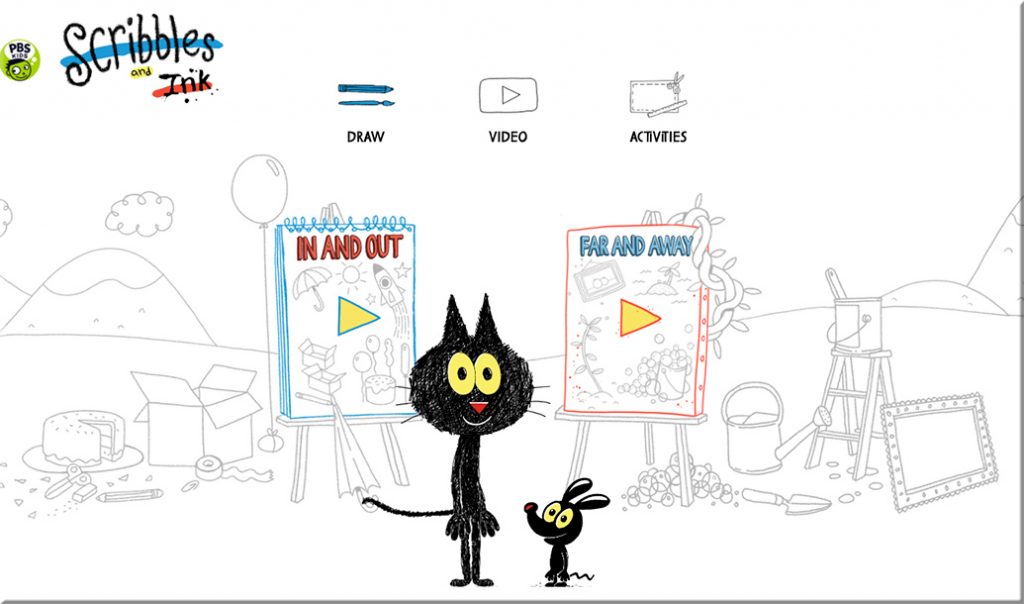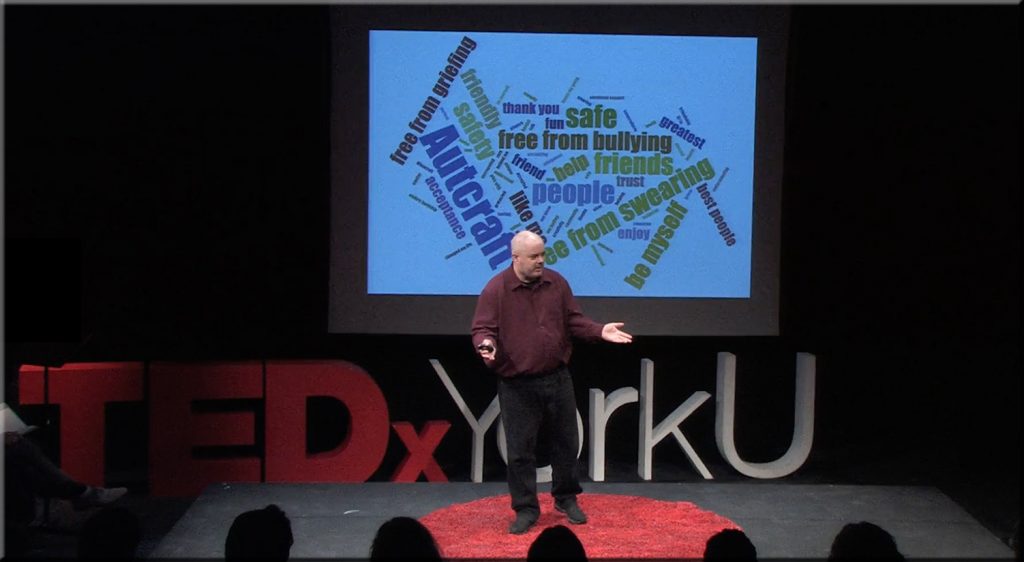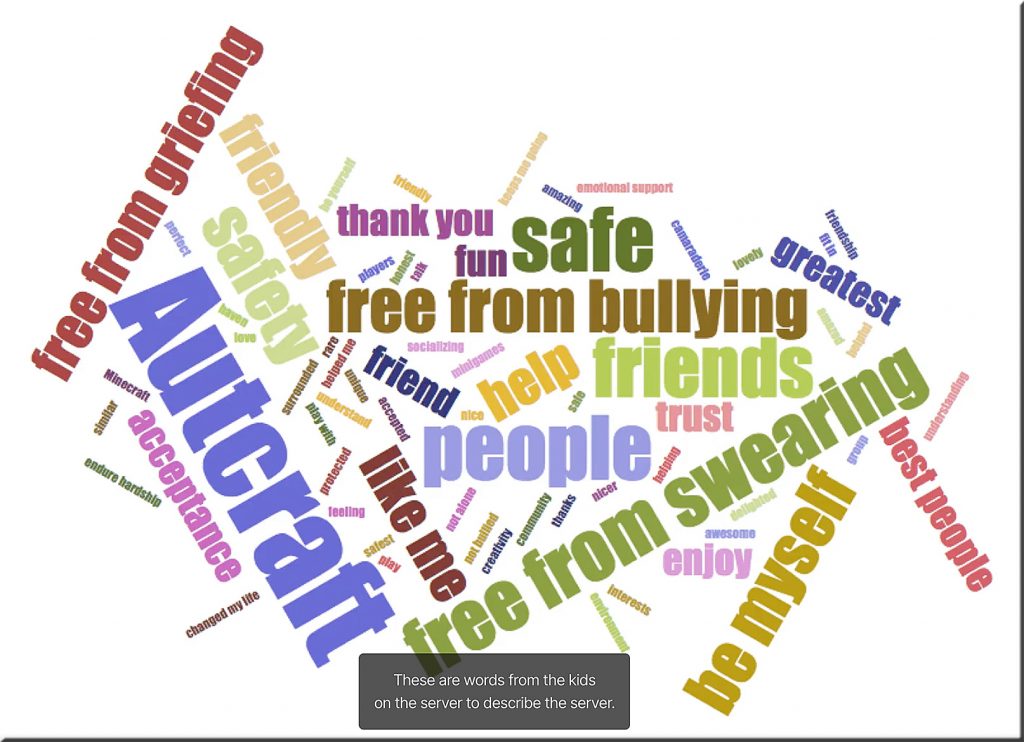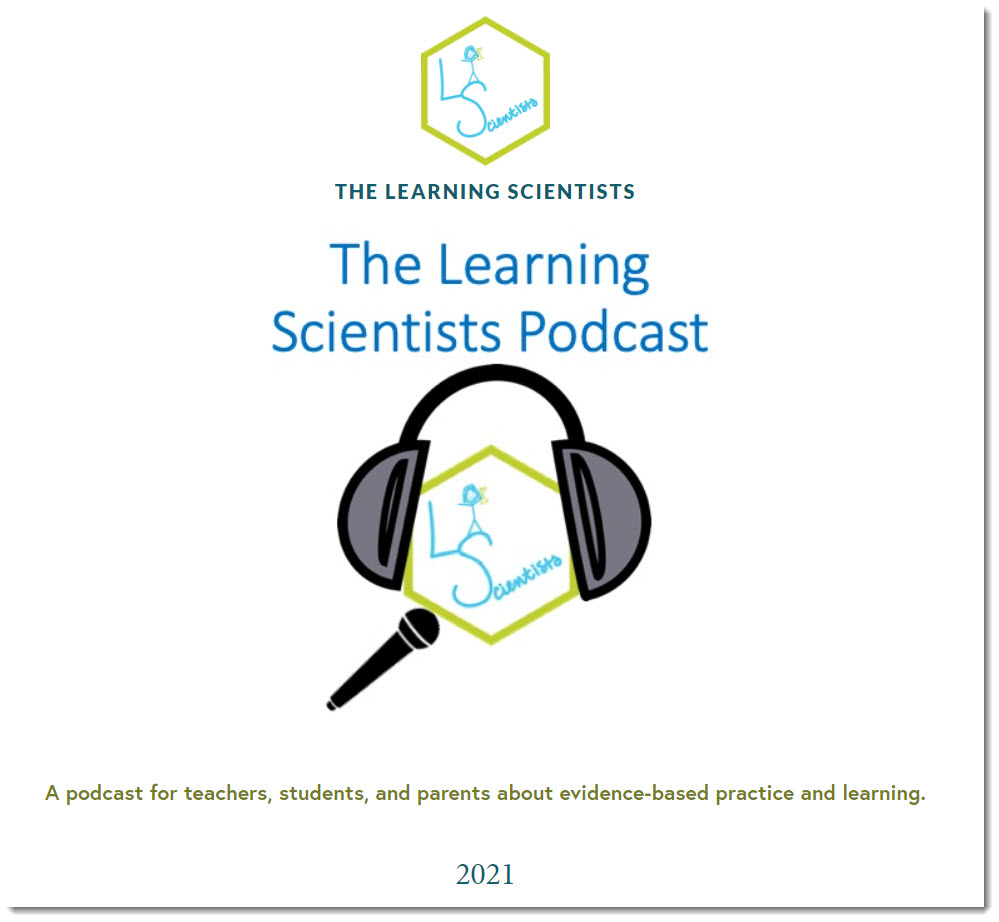Why the Science of Teaching Is Often Ignored — from chronicle.com by Beth McMurtrie
There’s a whole literature on what works. But it’s not making its way into the classroom.
Excerpts:
Yet, teaching reformers argue, the dangers of ignoring the expanding body of knowledge about teaching and learning are ever more apparent. Traditional teaching may have sufficed when college campuses were more ivory tower than lifeboat, educating future generations of scholars and other elites rather than trying to lift up a diverse group of students and prepare them for an increasingly complex world.
Studies have also shown that faculty members are more likely to try evidence-based teaching practices if they feel they have supportive colleagues and departments. Faculty learning communities can be particularly helpful, teaching experts say, because instructors meet regularly over a series of months to tackle complex challenges, often by exploring the research and experimenting with small changes to their teaching.
Reforming teaching evaluations so that they reflect the hard work of reading and reflecting on teaching scholarship is also a critical lever for change.
Feynman – Don’t lecture and Feynman Technique — from donaldclarkplanb.blogspot.com by Donald Clark
Excerpt from the Feynman Technique section
- Write down everything you think you know about the topic from the top of your head
- Teach it to someone much younger
- Identify the gaps and fill them out
- Simplify, clarify and use analogies
Learning this way is iterative, as you must go back to sources to fill in any gaps uncovered by your attempts to recall what you think you know. The act of writing, teaching, simplification and analogising, is a form of retrieval practice that increases understanding and retention.
Also see:
The Feynman Technique Can Help You Remember Everything You Read — from medium.com by Eva Keiffenheim
How to use this simple principle for you.
Excerpts:
Social climber Dale Carnegie used to say knowledge isn’t power until it’s applied. And to apply what you read, you must first remember what you learned.
Nobel Prize-winning physicist Richard Feynman (1918–1988) was an expert for remembering what he learned.
Most people confuse consumption with learning. They think reading, watching, or hearing information will make the information stick with them.
Unless you’ve got a photographic memory, no idea could be further from the truth.
…
Teaching is the most effective way to embed information in your mind. Plus, it’s an easy way to check whether you’ve remembered what you read. Because before you teach, you have to take several steps: filter relevant information, organize this information, and articulate them using your own vocabulary.

















